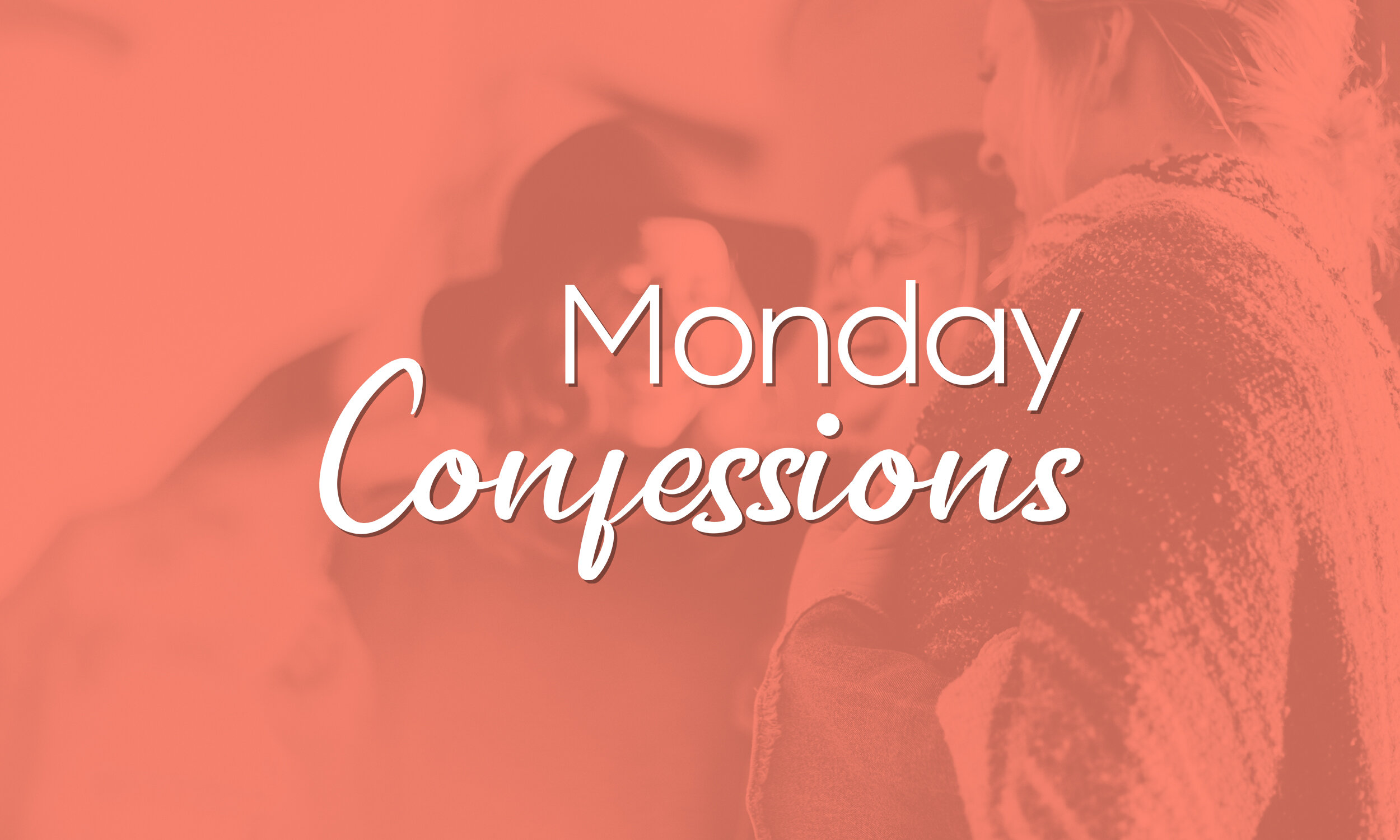Back-to-School During Midlife
Long before I became a high school English teacher, I have always been passionate about literature and composition. Over the years, I began to feel a deep longing within me, a yearning to delve deeper into my own writing and desire to learn more about the craft and myself in the process. This past summer (2023), this yearning led me on a remarkable journey - the decision to go back to school to earn my Masters in English.
Many may question why a midlife teacher would want to undertake the rigorous process of pursuing a higher degree. Some would argue that I had already attained enough knowledge and expertise in my field. But for me, it wasn't just about acquiring knowledge; it was about reinvigorating my love for literature and rediscovering my purpose as a writer and educator.
I was both excited and nervous about submitting my application.
The first step in this journey was making the decision to go back to school. I remember feeling a mix of excitement and trepidation as I submitted my application. Thoughts swirled in my mind - Would I be able to manage the demands of coursework alongside my family and teaching responsibilities? Would I fit in among younger students who had just graduated from their undergraduate studies?
Nonetheless, I was determined to take the leap.
“Life isn’t about finding yourself; it’s about creating yourself.”
When the acceptance letter arrived in my mailbox, I felt a surge of relief. If they accepted me, I must not be too old or late for the race. As the first day of classes approached, I experienced another bout of anxiety. Even with my classes being on-line, I felt like a fake—imposter syndrome at its finest. Fortunately, I soon discovered I wasn’t the only midlifer taking the class; I also wasn’t the only insecure person either. Over that first semester, I was able to learn and grow from the perspective of all of my peers as well as their diverse walks of life and styles of writing.
Once the coursework started, I was immersed in a sea of creative writing exercises and thought-provoking discussions. We delved deep into our craft and ways in which to build stronger plotlines, more rounded character development, and storylines that really hooked our audiences. Rather than feeling overwhelmed, I found myself enthralled by every aspect of my studies. I wanted more homework, more reading, and more ways to practice so that my writing could elevate the way I wanted/needed it to. And quickly—by week 3—I was reminded me why I had fallen in love with English in the first place.
One of the most rewarding aspects of this journey was the opportunity to interact with scholars and experts in the field. The professor at my university was not only knowledgeable but also genuinely passionate about all of the ins and outs of the creative writing process. His enthusiasm was contagious, breathing life into the already captivating texts we studied. Some of his and the text he connected us to provided new perspectives and fresh insights into familiar exercises, allowing me to be a better writer and teacher, now understanding how to better serve my students when they asked the infamous question:
“But what do you do when you’ve got writers-block?”
Some of the true joy of my journey came from the camaraderie and support of my fellow classmates. Although we hailed from different backgrounds and walks of life, we bonded over our variety in styles of writing and the feedback we gave each other. Establishing a clear goal from each of the writers in our groups then made the reading/feedback process more attainable as well as respectful than some of the horror stories I’ve heard about in the past. Even if a particular genre or subject might not be our cup of tea, the mere understanding that Writer A wanted to know whether the plot line was reading flat made everyone offering feedback center-focused on how to effectively help them achieve this goal. The diversity of perspectives and breadth of experiences enriched my understanding of literature and broadened my worldview. It reminded me that learning is never a solitary pursuit; it is a collaborative effort that, when shared, can create transformative experiences.
Learning in never a solitary pursuit.
Beyond the academic realm, going back to school for my Masters in English has also rejuvenated my teaching practice. Armed with newfound knowledge, this past fall I developed innovative lesson plans and incorporated contemporary literature and critical theories into my syllabus. I’ve sparked thought-provoking discussions, encouraging my students to challenge societal norms and think critically about the world around them. Their enthusiasm and growth became a testament to the impact that my own journey was having on my teaching.
Going back to school has rekindled my passion for everything-english
As I enter the Spring of my program and the completion of my Masters is only a short year away, I reflect on the incredible experiences, challenges, and growth that this journey has brought me. Going back to school has rekindled my passion for everything-English (literature, composition, and teaching). It has reminded me of the profound impact education can have on individuals' lives. It has revitalized my career and reaffirmed my belief in the power of the written word to inspire, transform, and bring joy to so many.
To all those contemplating going back to school or embarking on a new academic journey, particularly those approaching or treading during midlife, I encourage you to take that leap of faith. Embrace the challenges, relish the moments of inspiration, and let the joy of learning be your guiding force. Education and continual growth has helped me unlock my fullest potential and brought my true passions of writing to life once again.
You’re never too old to learn something new. And you’re never too old to dream.
Share this:






